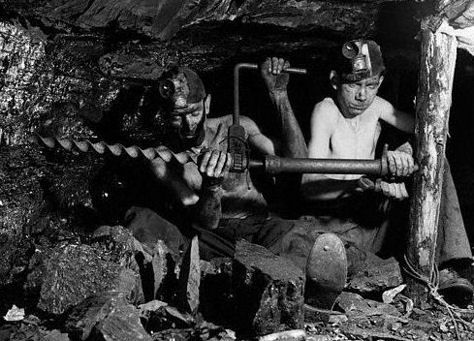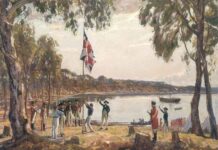 From Patriotic Alternative.
From Patriotic Alternative.
By Jack Parsifal
In the recent debate between PA leader Mark Collett and the master of sophistry himself, “Destiny”, a claim was made that Western nations only developed after a significant exploitation of African labour had been achieved. This, I believe, is one of the key Anti-White falsehoods in our society.
While I concede that we financially benefited from slavery at one time, the idea that this alone caused our empires to “explode” in size is a lie. This of course undermines the inventiveness and ingenuity of our people. We were already in a position to navigate across oceans and build global supply chains by the time the Triangular Trade Route properly appeared in the late 17th century. This was only possible because of the many great scientists and thinkers our people have produced, and our ability to work cooperatively towards greater tasks.
If Destiny wishes to speak of exploitation, let us understand the toil of our ancestors as the true price of our wealth today. Being a Scotsman, I think of the Highland Clearances as an example of our European ancestors’ plight. The Highlanders were evicted from their homes to make way for valuable wool production, and even today, the landscape is scattered with crofts whose roofs were torn off so as to prevent anyone returning. These people often found themselves in workhouses or purchasing their tickets to the colonies with years of indentured servitude – they were slaves in all but name!
In the cities, they became the industrial proletariat: living in crammed accommodation; barely earning their sustenance; working in hazardous conditions for 12-16 hours per day. Child labour was often utilised in the factories, and it was not until the Factory Act of 1833 that parliament so graciously limited the working day for children to 12 hours (72 hours per week). To put this into perspective, the Emancipation Act passed in the same year allowed former masters to work their former (mostly African) slaves for a maximum of 45 hours per week in the Apprenticeship programme.
The idea that our people sat comfortably atop slave labour until our wealth and our guilt compelled us to abolish the practice not only belittles our ancestors’ struggle, it represents the height of Antiwhiteism. Furthermore, the idea that we still owe foreign tribes anything after the UK spent 40% of its total expenses in 1833 to end slavery, a debt that was only fully repaid in 2015 I may add, is ridiculous, especially when you add to this the endless programmes, quotas, and legislation designed to pander to these people at our expense.
Despite this, Destiny has no problem with the continued pushing of “white guilt”, a phenomenon he believes is wholly natural and not a deliberate psychological attack upon our people. This begs the question: How much is enough, Destiny? Are we now subject to never-ending usury and dispossession, and if so, is this any less immoral than slavery? I recommend everyone watches the debate, Mark thoroughly wipes the floor with him and provides a range of detailed arguments, more than I can provide in this article.











